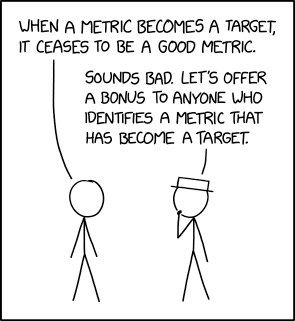Toggle blocks contain spoilers. You have been warned.
I wrote about Deltarune back in 2022, but here we are in 2025 with 2 more chapters that I finished in about 10 hours straight last night.
It’s always hard to know what to say about Deltarune, and by some extension Undertale. As far as games go, I feel like you either enjoy things from a surface level, or go full Pepe Silvia. There is no in-between.
In that sense, then, the points I made three years ago still stand. The music slaps, the writing is great, and the actual mechanics and gameplay have continued to evolve in interesting ways, pushing the mini-game and bullet hell formula even further than before, as has the out of combat traversal.
Absurdity and Sincerity
I’ve been struggling to put my finger on why I feel like other games that imitated Mother and Undertale haven’t quite succeeded. The premier example of this is Knuckle Sandwich, but Athenian Rhapsody runs into some of the same issues.
All of these games trade on absurdity and weirdness as defining aesthetic traits. This can be strange characters, stories, items, or whatever. But at the same time, they’re trying to be heartfelt, sincere, and meaningful. This is a difficult balance to strike. And often the other games fail because in order to do this sort of thing, you need to commit to the bit.
Chapter 3 of Undertale follows the story of a television consumed by fear that it will be thrown away because no one watches it anymore, uses it, or plays games on it. Fear that it’s old and unloved.
Its goal seems to be preventing the player from ever leaving or giving up: from escaping. But it’s a real, human fear given to an inanimate object. Now, in the big picture, it’s complicated why no one is watching the television anymore. But this chapter’s absolutely gonzo section of puzzles, games, and just general weirdness (including fighting a water cooler) is driven by this sincere emotional beat.
And again, we’re talking about a television here.
And I think this is why Deltarune works. Even when its characters aren’t human, their feelings are. The problem with absurdity is that so often it’s used to ignore consequences and responsibility. “LOL random” humor is at some level as disposable as a dream, as transient as a breeze. And that disposability is the opposite of meaning.
For an action to mean something, it must have a consequence. It must have weight. I think this is what Mother and Undertale understand, but that their imitators only grasp for brief moments.
All that said, the other comment I do have is that I think a friend of mine who decided to wait until the full game is out might have made the right choice. Apparently 50% of the game is currently available, and while it’s incredible, it’s also deeply unsatisfying to know I’m going to have to wait at least 6-8 months minimum for more story.
I’m also really hoping the chapter based design of the game doesn’t lead to the final project feeling disconnected and incomplete. Chapter 3 is a massive bit of tonal whiplash, at least in the moment. It’s not a bad thing, I just wouldn’t want 5 more chapters just doing that.
Anyway. Deltarune. Incredible game. Love it. Really hope it finishes development before 2030, the death of democracy, and/or the end of the world.


